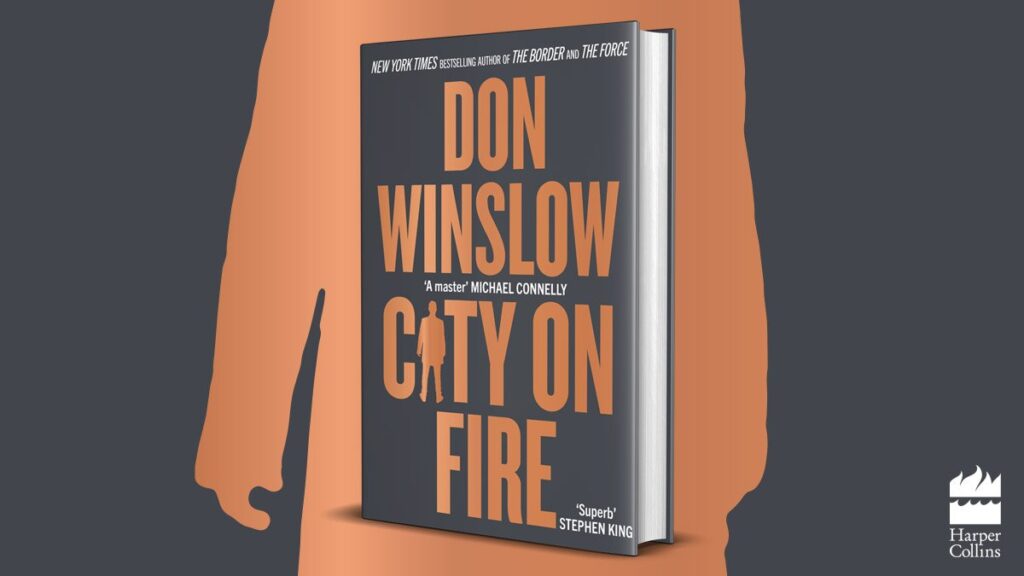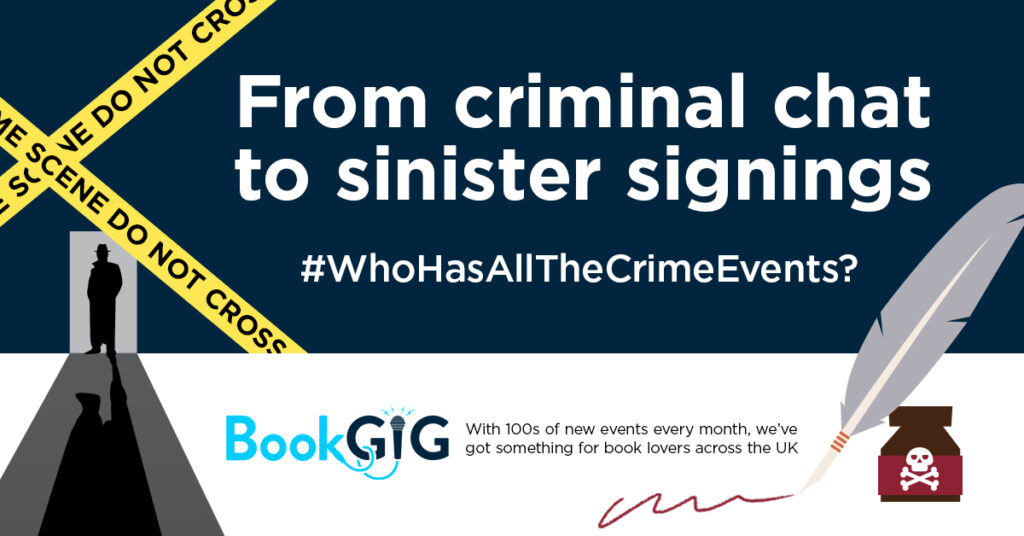The Hypnotist is getting fantastic reviews at the moment, and it’s not hard to see why. The Daily Mail said it was ‘ferocious, visceral storytelling that wraps you in a cloak of darkness which almost blots out the light, but still feeds the imagination. It’s stunning.’ The book has hit the Sunday Times bestseller charts this week and to give you taste of this phenomenon taking Europe by storm here’s a Q & A with the authors.
Your book is published under a pseudonym, and for a long time people didn’t know who was behind it (even as the rights were being sold at the 2009 London Book Fair). Why the secrecy? Can you tell us how this played out in Sweden?
When we not only decided to write together but also chose a totally new genre it was almost necessary to have a pseudonym to feel free, to be able to go ‘all the way’ so to speak. We have both published several literary novels in our own names and we wanted our new creation to be read totally without any prejudice. It was also a signal to ourselves that we were no longer Alexander and Alexandra; we became another author when we started to write together. Our catalyst was actually that we both love to become part of a thriller at the cinema. It just struck us that it would be exciting to examine if it’s possible to transfer the filmic kind of suggestion in a thriller movie to a novel.
When the rumour about The Hypnotist was set afloat in Sweden 2009 the media went crazy. The whole nation was suddenly involved in the speculation, searching for the person behind Lars Kepler. And one dark night in August two journalists with flashlights and cameras found us in our summerhouse – they were convinced that they had found Kepler. The next day we packed our three daughters into our car and drove to Stockholm to meet the media and readers.
What are some of the themes you wanted to explore with this novel?
The major theme is of course hypnosis. We had the idea of using a hypnotist as a key character from an early stage. Many crime novels are about getting inside the head of the perpetrator, about understanding behaviour that seems incomprehensible or terrifying. We thought it would be exciting to use a hypnotist, because he can actually see other people’s memories, through their own eyes.
A hypnotic trance is a remarkable state. The person who is being hypnotized is in a state of the deepest relaxation and looks as if he is asleep. But if you look at the person’s brain activity, you see something completely different – the brain is wide awake, extremely active and alert.
The other theme we wanted to explore was families and family bonds – strange and dangerous bonds. Family bonds can even occur between people that are not related. The bonds in a family can turn out to be stronger than anything, but they can also become quite terrible. These two kinds bonds were something we wanted to examine.
Why do you think Swedish crime fiction has recently become so popular around the world? Is it merely the Stieg Larsson phenomenon? What do you think makes Swedish crime fiction distinctive?
One thing is probably that the Swedish society is both exotic and familiar – in a kind of attractive mixture – to a lot of people in other countries. Another thing is that we have a long tradition of crime novels; reading crime novels has become a popular national movement.
And we believe that the third aspect is the advanced equality between men and women in Sweden reflected in fiction generally – both sexes are invited and included (particularly regarding Stieg Larsson and Lars Kepler). It’s also a nice way to be together discussing an exciting plot as a couple or with everyone at the office.
Your book has drawn comparisons with Larsson’s Millennium trilogy. Do you see many similarities between the two?
Well …the readers will maybe recognize the tone and the searching for powerful plots. Actually, the first name Lars in Lars Kepler is a kind of homage to Larsson. Both Larsson and Kepler are very fond of extreme and exiting stories.
We had the idea of writing a crime novel that fulfils the demands of the genre, but at the same time we wanted to bring in a new, filmic tempo. We used the present tense for the narrative and tried to create a presence in every scene, a suggestive feeling that gives the reader the sense of being there, of being inside the story. We wanted the reader to be there, participating, almost feeling as if he or she could influence the course of events.
How do you expect the series to continue?
The second crime novel of Lars Kepler was published in July and we’ve got a long way with number three. We have finished the plot for the fourth book, plus a whole lot of exciting investigations, cold cases, mysteries and ideas that we think will be enough for at least eight books.
Every new book about Detective Inspector Joona Linna is independent and will have different main characters, but Joona is the main character of the series.



